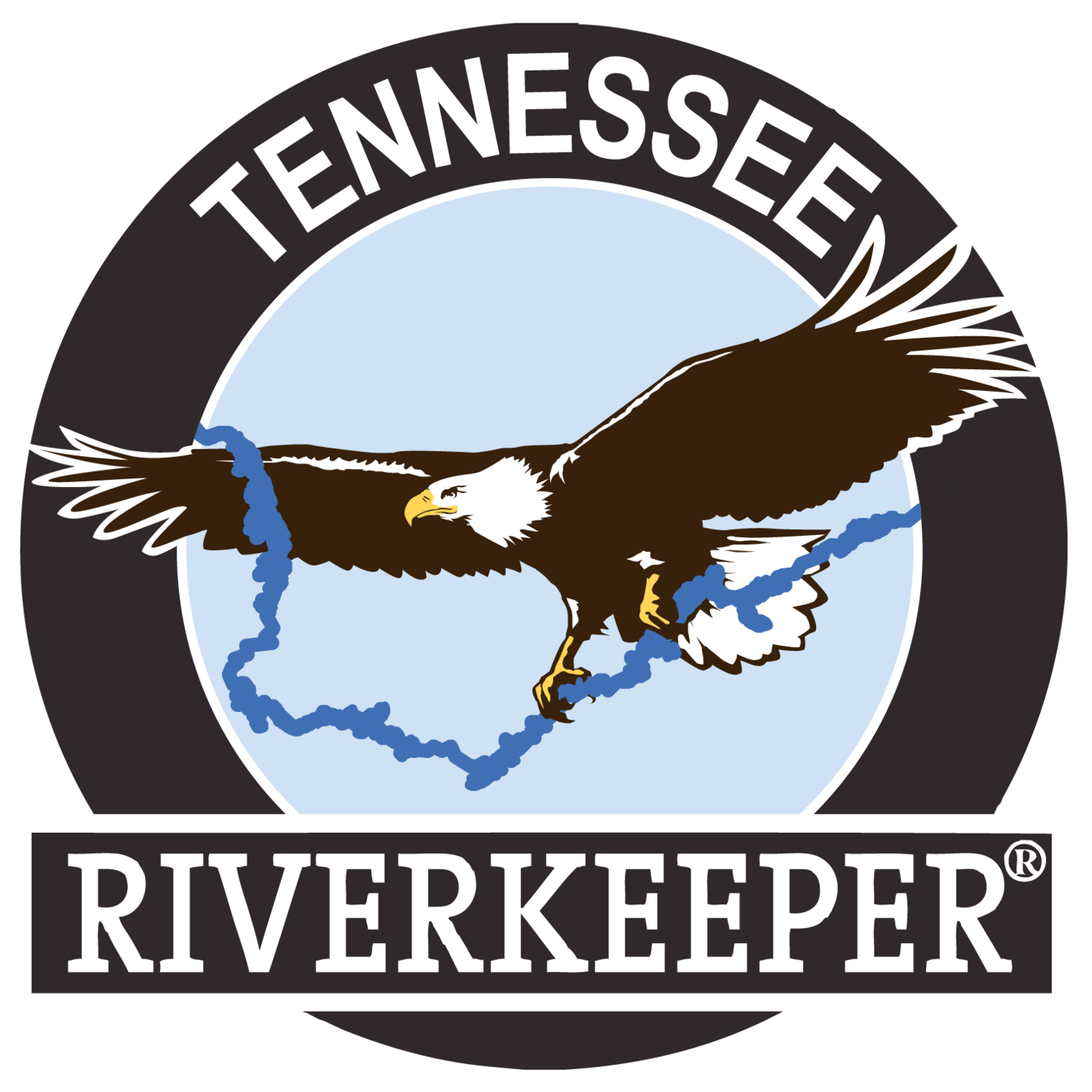Volunteers collect whopping 1,700+ pounds of trash from Pinhook Creek
Let this be a wake up call to anyone who values the cleanliness of Huntsville’s waters: this past weekend, volunteers with Tennessee Riverkeeper and the Orion Amphitheater collected more than 1,700 pounds of trash from Pinhook Creek in Downtown Huntsville.
That’s a lot of trash, folks. And that was just one day of work…
Tennessee Riverkeeper’s efforts
Eighteen volunteers representing Tennessee Riverkeeper and the Orion Amphitheater worked Saturday to remove aquatic litter and large debris from Pinhook Creek, and filled 44 bags of trash in just a day’s work.
In addition to the trash filling dozens of bags, workers removed large debris including a shopping cart, plywood, tires, a car bumper and miscellaneous auto parts.
According to Tennessee Riverkeeper officials, most of the litter found was made from some form of plastic, the most common being polystyrene (styrofoam), polyethylene (plastic bottles and shopping bags) and polypropylene (straws).
“Plastic pollution is a local and global issue. Scientific studies have confirmed that microplastics and chemicals related to the plastic industry are found in humans and wildlife. These cleanups are a great short term solution, but we need bigger solutions that prevent this problem from getting worse, such as The Orion Ampitheater’s reusable cup program.” David Whiteside, founder of Tennessee Riverkeeper
Plastics are a real problem
In 2019, Tennessee Riverkeeper launched a microplastics campaign to remove plastic and other litter from waterways, while educating the public about this pollution threat.
“Scientists working with National Geographic documented that the Tennessee River is polluted by as many as 16,000 to 18,000 microplastic particles per cubic meter. This pollution occurs when larger plastics breakdown over time. Experts think that they can last for hundreds of years, and toxicity can ‘biomagnify’ as microplastics build up in the food chain.” David Whiteside, founder of Tennessee Riverkeeper
The Tennessee River and its tributaries around Huntsville, like Pinhook Creek, are often collection zones for litter. Litter that flies out of garbage trucks or gets thrown out on streets will frequently flow into creeks and rivers after rain events via drainage systems. This garbage negatively impacts water quality and is much more than just a visible eyesore.
Whiteside said preventing plastics from entering waterways is an obvious solution and it is “easier to remove garbage from the shorelines and shallow water of creeks and rivers.”
Cleanups organized by Tennessee Riverkeeper have prevented more than 50,000 pounds of litter from entering our waterways.
This article originally appeared on Hville Blast.

